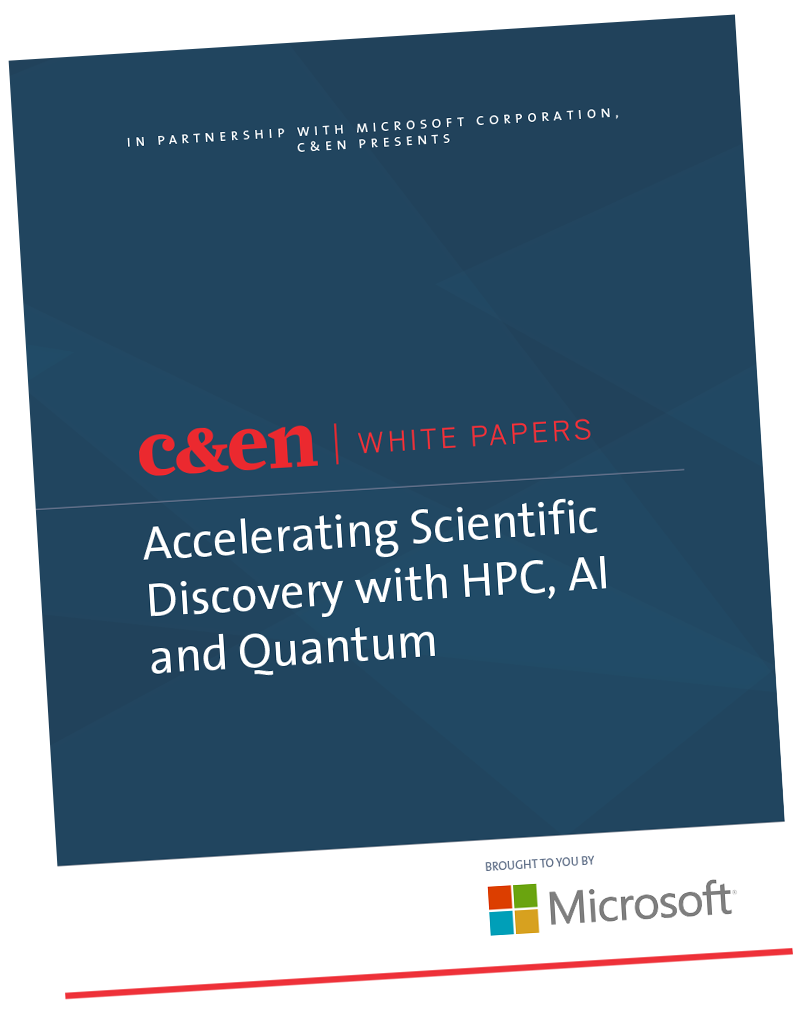

More than ever, scientists need new technologies to help solve many of the most pressing issues facing society like reversing climate change, addressing food insecurity, and developing lifesaving therapeutics. Fundamentally, these problems are chemistry and materials science challenges, and some will require the transformational power of a scaled quantum computer. While we are on a path to engineer a quantum supercomputer, we are also making investments in High-performance computing (HPC) and AI to empower researchers to accelerate scientific discovery and make rapid progress toward impactful solutions for our most pressing problems today.
In this whitepaper, we explore the recent breakthroughs in molecular simulation, which provide exciting new possibilities for computational chemists and materials scientists. We also discuss the latest advances in HPC and AI and describe how to start using Azure Quantum Elements today.
- Explore the emerging R&D paradigm shift where digital simulations are enabling more efficient lab experiments
- Understand use cases including automated workflows to explore reaction networks, leveraging HPC for Molecular Dynamics, and accelerating materials discovery with AI
- Learn how industry innovators, including Johnson Matthey and more, have already adopted Azure Quantum Elements to transform their research and development
- Delve into how progress can be made today with Azure Quantum Elements by combining advanced cloud computing technologies to accelerate discovery in chemical and materials science

Copyright © 2025 American Chemical Society | 1155 Sixteenth Street NW | Washington, DC 20036 | View our Privacy Policy